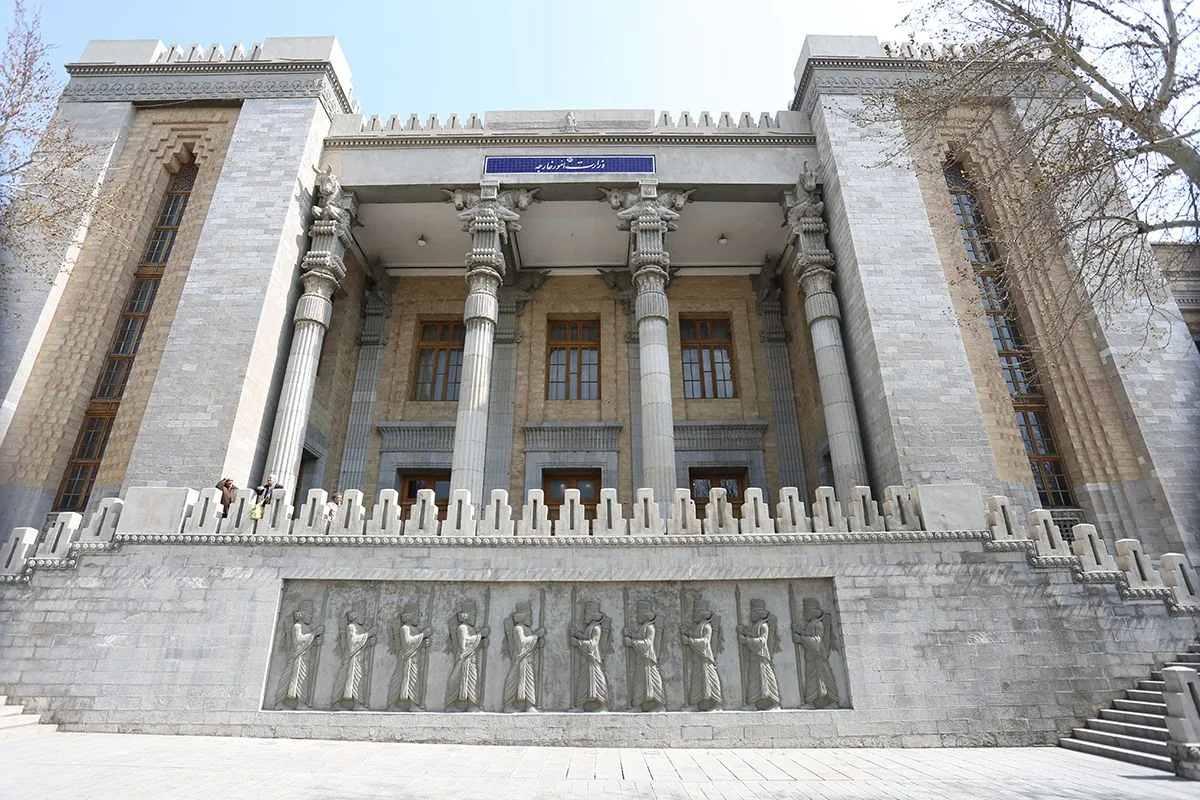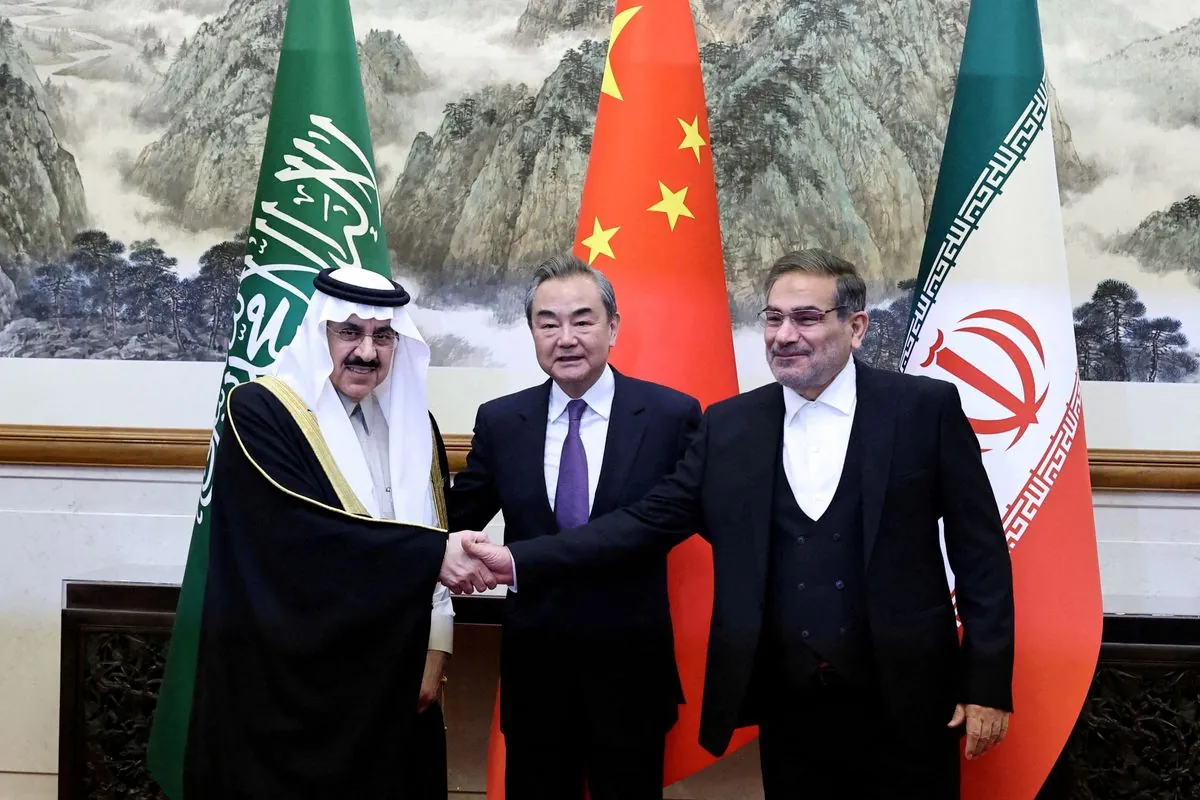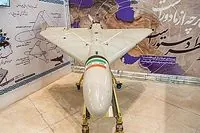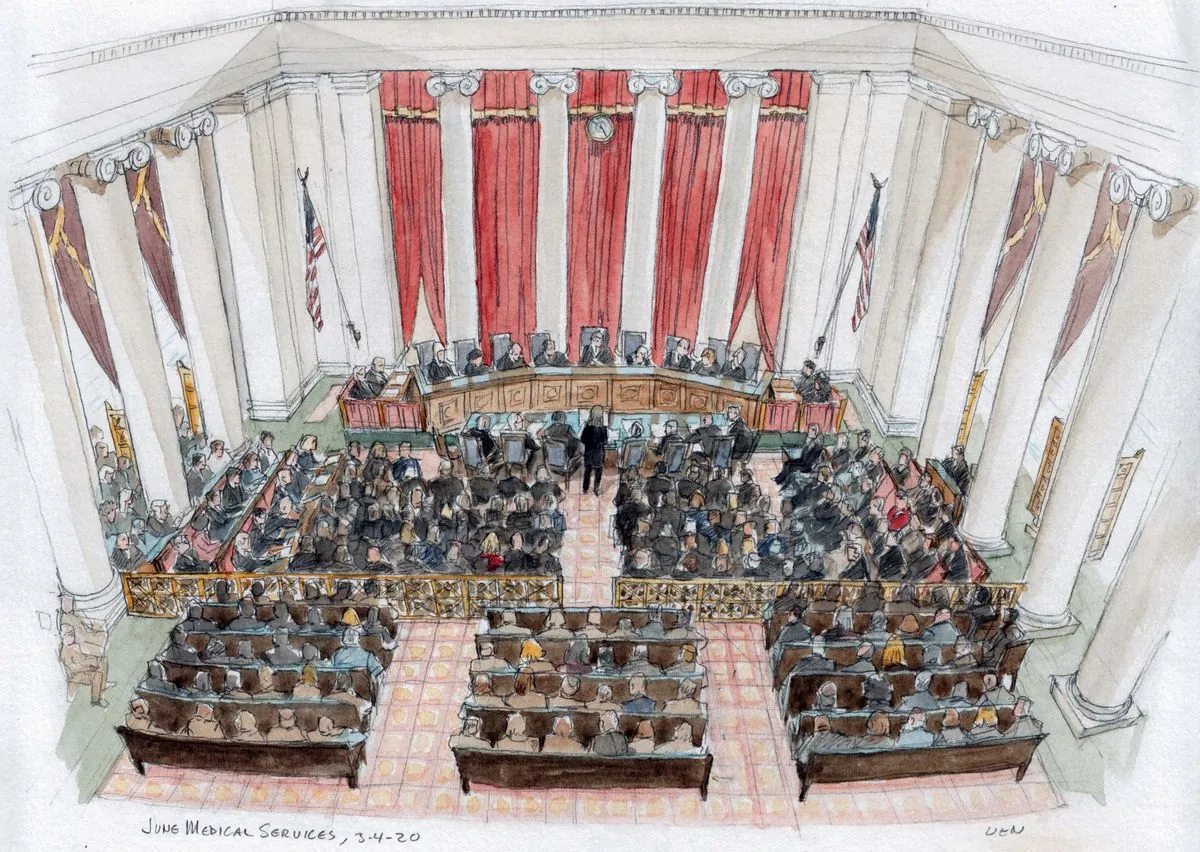Iran Summons Australian Envoy Over Perceived Bias in Israel Conflict
Iran has summoned Australia's ambassador due to alleged bias regarding Iran's attack on Israel. This diplomatic tension follows Iran's missile strike against Israel, with further escalation possible.

In a recent diplomatic move, Iran has summoned Ian McConville, the Australian ambassador to Tehran, citing concerns over Australia's perceived bias in the ongoing conflict between Iran and Israel. This development underscores the complex web of international relations in the Middle East and beyond.
The summoning occurred on Sunday, October 6, 2024, following what Iranian officials described as repeated instances of bias from Australia, particularly regarding Iran's recent military action against Israel. This action refers to a missile attack launched by Iran against Israel on Tuesday, October 1, 2024, which Tehran claims was in response to the elimination of several leaders affiliated with Iran-supported armed groups.
Iran's decision to summon the Australian ambassador highlights the intricate nature of diplomatic relations between the two nations, which were first established in 1968. The Australian Embassy in Tehran, opened the same year, has since played a crucial role in maintaining communication between the two countries.

Australia's stance on Middle Eastern affairs, particularly its recognition of Jerusalem as Israel's capital, has been a point of contention. This position aligns with some Western nations but contradicts the views of many others, including Iran.
The current situation is further complicated by Australia's historical support for international efforts to limit Iran's nuclear activities. Australia backed the Joint Comprehensive Plan of Action (JCPOA) signed in 2015 but reimposed sanctions following the United States' withdrawal from the agreement in 2018.
Iran's missile program and its support for various militant groups in the Middle East have been ongoing sources of international concern. These issues, combined with human rights criticisms, have contributed to strained relations between Iran and many Western nations, including Australia.
The economic impact of international sanctions on Iran has been significant, affecting its trade relations with countries like Australia. Despite these challenges, Iran maintains its influence in the region, partly due to its strategic location and control over crucial waterways like the Strait of Hormuz.
As tensions escalate, the international community watches closely. Israel has indicated its intention to respond to Iran's missile attack, potentially leading to further regional instability. The United Nations may play a role in mediating these tensions, as it has done in previous conflicts involving Iran and other nations.
The Australian embassy in Tehran has not provided an immediate response to the summoning of its ambassador. This silence leaves room for speculation about potential diplomatic negotiations or responses behind the scenes.
This incident serves as a reminder of the ongoing complexities in Middle Eastern geopolitics and the challenges faced by nations attempting to navigate these turbulent diplomatic waters. As events unfold, the international community remains alert to the potential for further escalation in this volatile region.


































